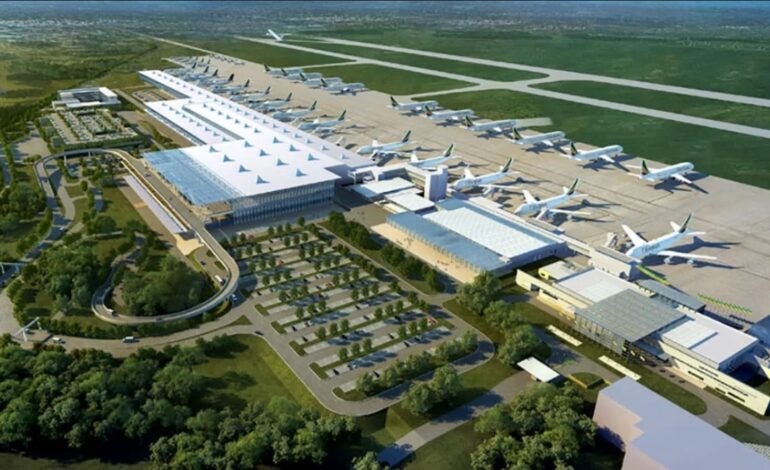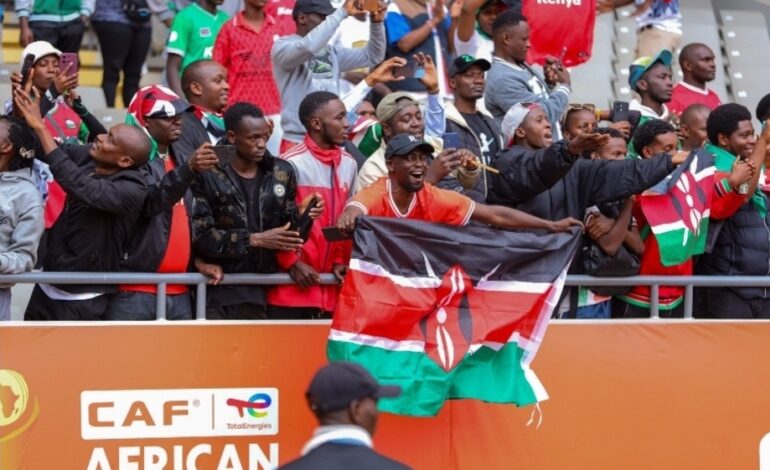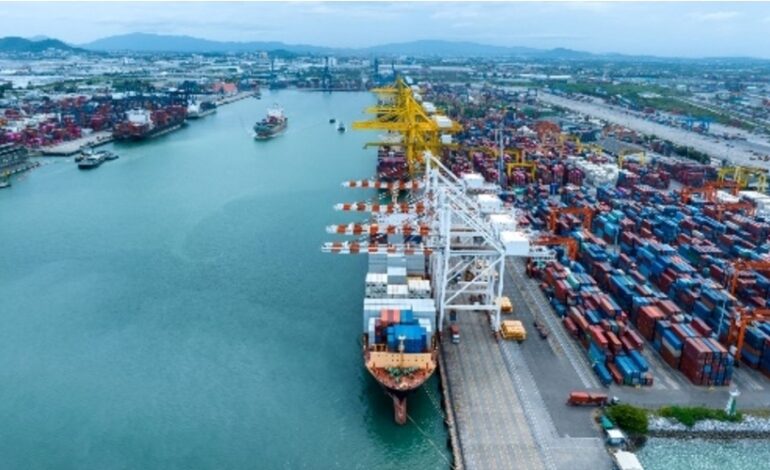
Wayne Lumbasi
Africa’s economy in 2025 is being reshaped by several significant geopolitical developments. One of the most impactful is the full implementation of the African Continental Free Trade Area (AfCFTA).
This agreement has eliminated many trade barriers across the continent, making it easier for African countries to trade with one another. The introduction of the Pan-African Payment and Settlement System (PAPSS) has further simplified cross-border transactions. As a result, intra-African trade is increasing, boosting local industries and helping reduce dependence on external markets.
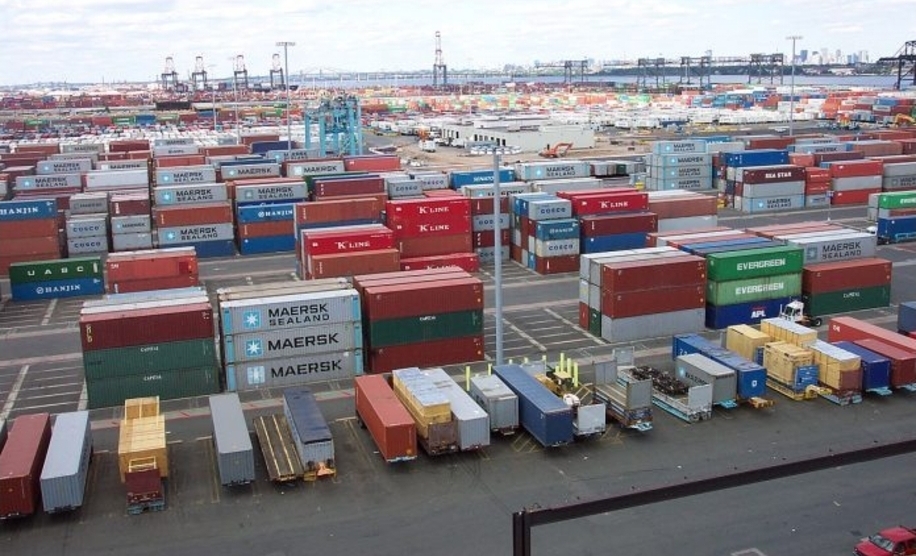
Inland cargo handling facility /Courtesy/
At the same time, Africa is diversifying its international partnerships. While Western nations remain important, countries like China, India, Turkey, and those in the Gulf region are becoming major investors across the continent.
These new partnerships are bringing in billions of dollars for infrastructure, mining, agriculture, and energy projects. This shift reflects Africa’s growing influence in a multipolar world and gives governments more flexibility to negotiate favorable economic terms.
Another major development is the rise of resource nationalism. Rather than simply exporting raw minerals, many African countries are now insisting on local processing to capture more economic value. For example, nations like Zimbabwe and Namibia are investing in facilities to refine lithium and other critical minerals. This approach is designed to create local jobs, support domestic industries, and ensure that Africa benefits more directly from the global demand for resources used in green technologies.
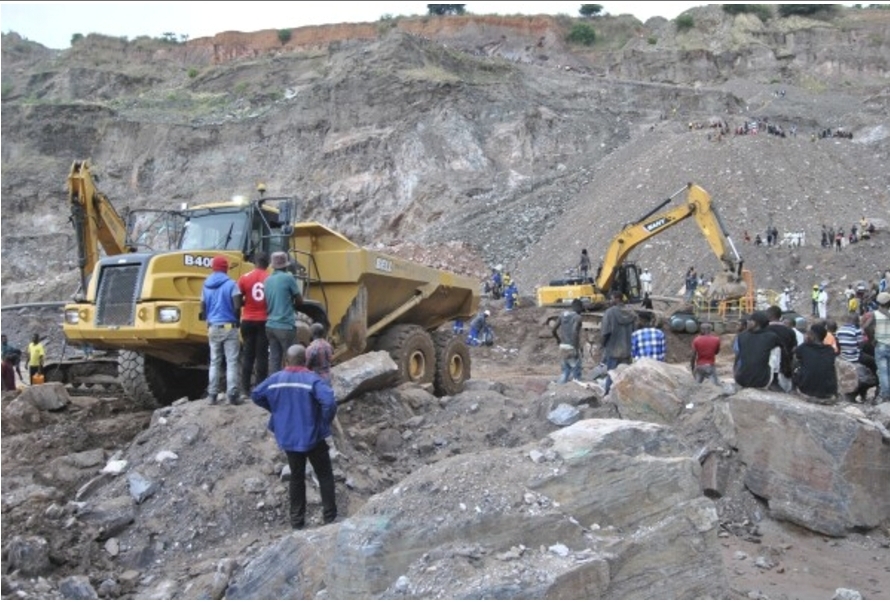
Zambia cobalt mining /Courtesy/
As global alliances shift, Africa is also strengthening cooperation within the Global South. With Western aid declining and some trade relationships becoming strained, African governments are relying more on regional institutions and alternative partners.
Initiatives led by the African Development Bank and collaborations with countries like Brazil and the UAE are providing new avenues for economic support and development, helping reduce dependence on traditional Western powers.
Demographics play a huge role in shaping Africa’s future. The continent’s youth population is growing rapidly, making it the youngest region in the world. This could be a major asset; fueling innovation, entrepreneurship, and labor force expansion. However, without enough investment in education, infrastructure, and job creation, it could also pose risks such as rising unemployment and migration pressures.
Political instability remains a challenge, particularly in parts of West and Central Africa. In recent years, a wave of military coups has led to the creation of a new alliance between Mali, Niger, and Burkina Faso, who have withdrawn from ECOWAS. These developments disrupt regional cooperation and trade and may deter foreign investment. Meanwhile, France has scaled back its military presence in the region, signaling a shift away from direct Western involvement in African security matters.

Heads of state of Mali’s Assimi Goita, Niger’s General Abdourahamane Tiani and Burkina Faso’s Captain Ibrahim Traore /Courtesy/
Africa is also responding to rising trade tensions, especially with the United States. In 2025, new U.S. tariffs have made it harder for African countries to export goods like textiles, metals, and agricultural products. In response, nations such as South Africa and Kenya are seeking to renegotiate trade terms while accelerating the implementation of AfCFTA to strengthen internal markets and reduce exposure to external shocks.
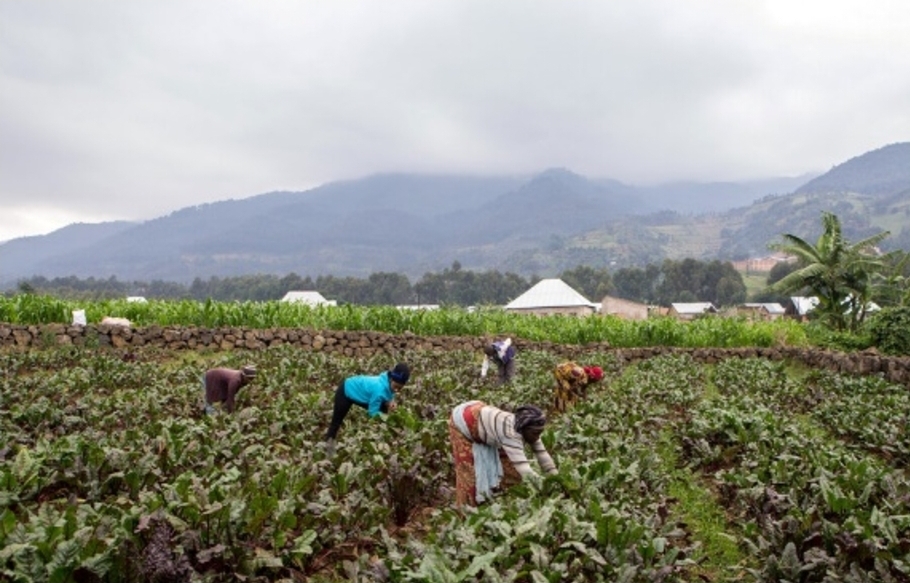
Agricultural produce
Finally, the global push for green energy is highlighting Africa’s critical role in supplying minerals like cobalt, lithium, and rare earths. This has led to calls for better governance of these resources. Proposals such as a UN-backed Global Minerals Trust are gaining attention, aiming to ensure fair pricing, transparency, and sustainable development. If successfully implemented, such frameworks could help African countries gain more control and value from their natural wealth.
RELATED
OPINION: BREAKING FREE FROM FAMILIAR ALLIANCES – AFRICA’S MISSED OPPORTUNITIES
EVERY YEAR, AFRICA LOSES $5 BILLION IN FOREIGN CURRENCY TRADE






